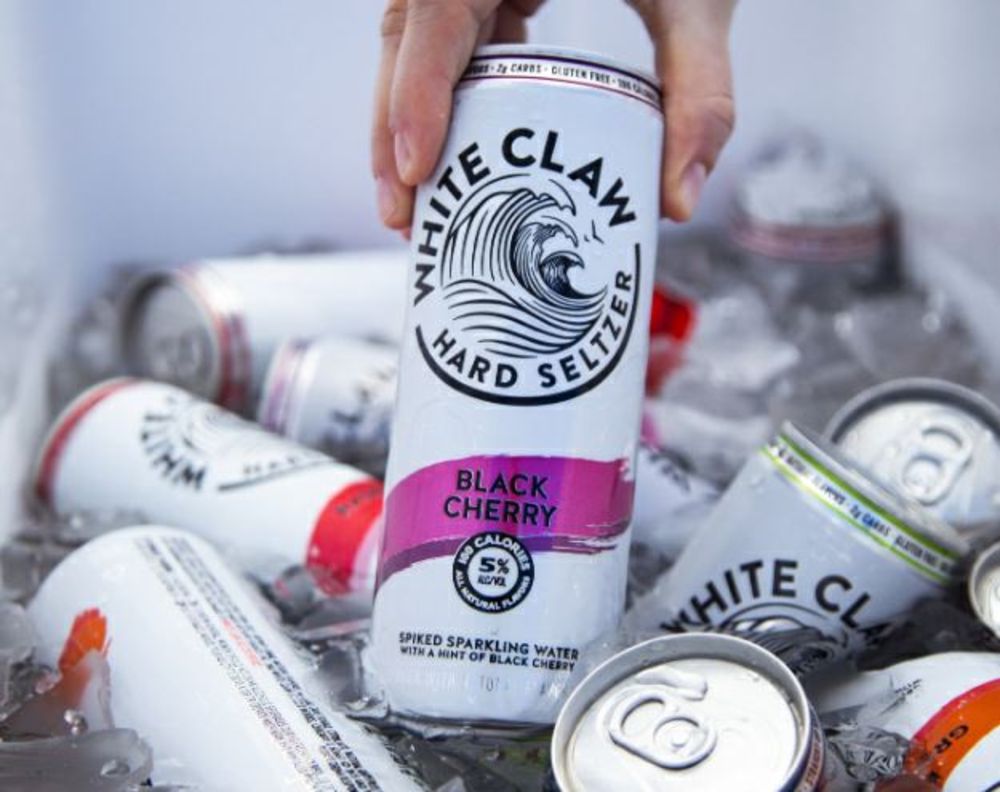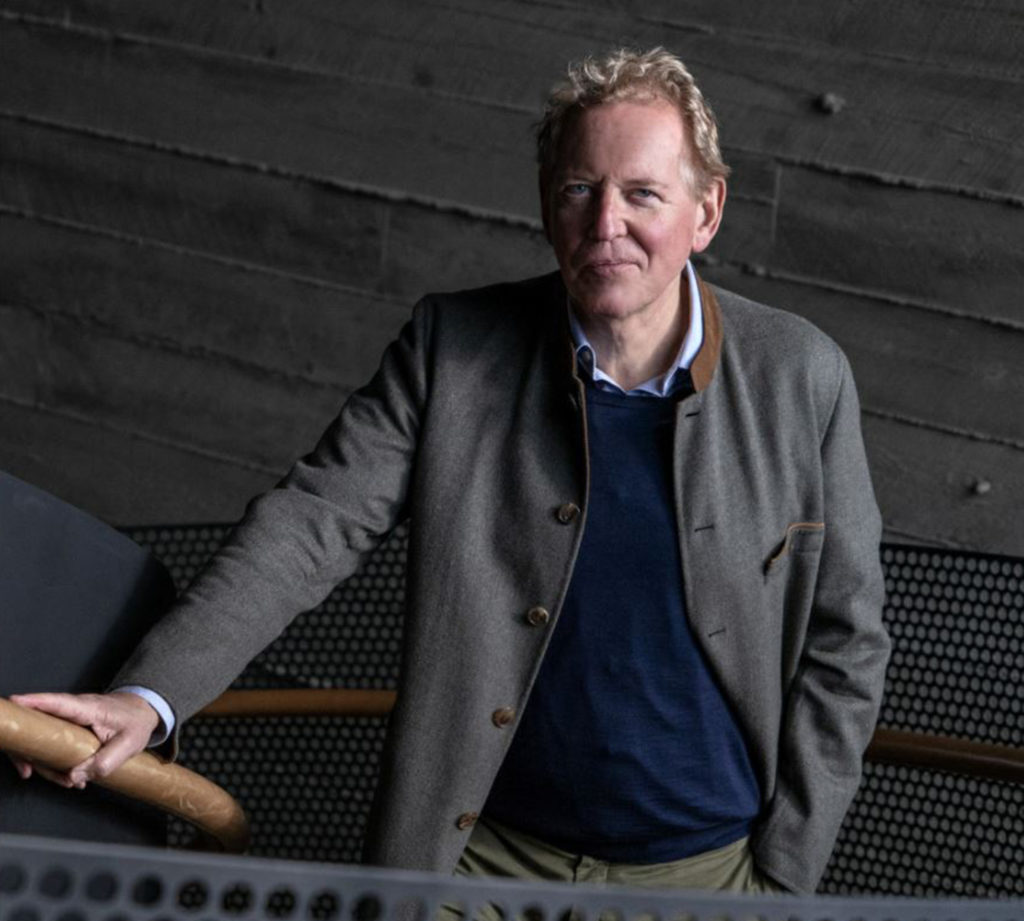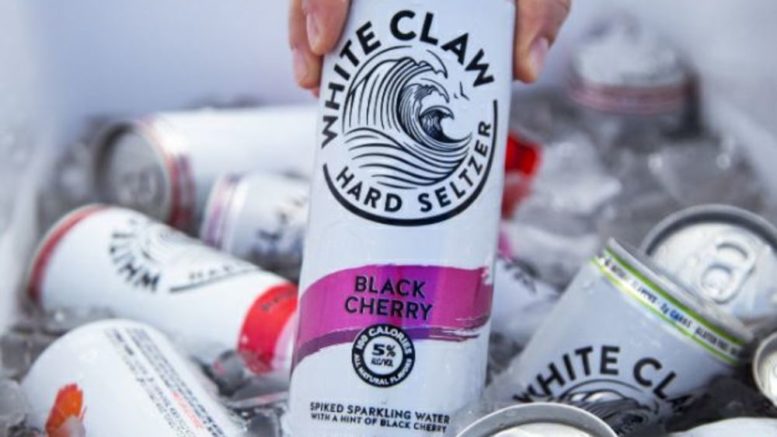DESIBUZZCanada
Events Listings
Dummy Post

International Day Of Yoga To Be Virtually Celebrated Saturday At 4pm

CANCELLED: Coronavirus Fears Kills Surrey’s Vaisakhi Day Parade

ADVERTISE WITH US: DESIBUZZCanada Is The Most Read South Asian Publication Online

SURREY LIBRARIES: Get Technology Help At Surrey Libraries

WALLY OPPAL: Surrey Police Transition Update On Feb. 26

GONE ARE THE DAYS - Feature Documentary Trailer

Technology Help At Surrey Libraries

Birding Walks

Plea Poetry/short Story : Youth Contest

International Folk Dancing Drop-in Sessions
Billionaire Vancouver Businessman Tastes Success With Hard Seltzer White Claw
- December 3, 2019


White Claw has benefited from a robust social media presence, with more than 100,000 tagged Instagram posts. A video made by comedian Trevor Wallace parodying White Claw drinkers has been viewed more than 3 million times on YouTube and spawned the meme “Ain’t no laws when you’re drinking Claws.” White Claw cans even made appearances as Halloween costumes. Von Mandl remains bullish, telling a beer wholesalers convention in September that “the consumers flocking to White Claw today are not going to magically return to the mega-beer brands of yesterday.” His company is investing $250 million in new U.S. production facilities to keep up with demand.
VANCOUVER – Billionaire Vancouver businessman Anthony von Mandl of Mission Hill family estate and The Mark Anthony Group has created more success with a little known brand that is becoming a multi-billion dollar business.
Von Mandl is tasting success with the hard seltzer craze with his unique and thriving White Claw brand of drinks.
Fresh out of college in the early 1970s, von Mandl opened a wine-importing business in his native Vancouver. He struggled to get Canada’s liquor boards to buy the foreign labels he was handling.

He had “a little office about the size of a cupboard in the back of a building downtown,” said Vancouver-based wine writer John Schreiner. “He was selling German wines, primarily, out of his car,” reported Bloomberg News
Those lean days are over. Von Mandl has since made a fortune creating genre-defying alcoholic beverages. His latest is White Claw, the “hard seltzer” that was the hit of the summer among millennials, outselling every craft beer and even heavyweights like Budweiser in the U.S. for stretches at a time
It was the latest in a string of successes that includes Mike’s Hard Lemonade and has given von Mandl, 69, a net worth of about $3.4 billion, according to the Bloomberg Billionaires Index. He has poured a good bit of that money back into his first love: wine. Last year, von Mandl bought his fifth winery in British Columbia’s Okanagan Valley, where he’s spent millions attracting star winemakers and producing award-winning Chardonnays and Pinot Noirs.
“He’s been astonishingly good for the industry here,” Schreiner said.

But the engine behind his company, Mark Anthony Group, is White Claw and Mike’s Hard Lemonade, a sweet alcoholic brew that became a phenomenon in Canada when it was first sold in 1996, sparking fights in liquor stores as supplies ran short. In 1999, Mike’s was introduced to the U.S. and sold 2 million cases the first year. It’s still popular two decades later, with U.S. sales of about $1.6 billion, according to the company.
Mike’s success was recognizing that “25% of guys didn’t particularly want to drink beer, but couldn’t be seen holding anything else in their hand,” von Mandl said in a 2006 interview. It was beer-like enough that you could bring it to a barbecue without feeling out of place.
In addition, Mike’s is brewed rather than being primarily spirit-based. As a result, it’s taxed at beer’s lower rate in the U.S. and can be sold in supermarkets and convenience stores in states like New York that restrict the sale of wines and spirits to specialty shops.
White Claw updated the concept for 2019’s more health-conscious drinkers by dropping the sweetness and calories. It has 5% alcohol by volume, about the same as most beers.
“Alcohol drinkers are becoming more and more concerned about health and wellness, and are becoming more involved in mindful drinking,” said Danelle Kosmal, vice president of Nielsen’s beverage alcohol practice. “Hard seltzers are meeting these consumer needs.”
Hard seltzer drinkers tend to be younger, have higher incomes and skew more female than traditional beer drinkers, she said.

Over the past 12 months, sales of hard seltzers almost tripled, even as Americans drank less alcohol for the third straight year. White Claw’s market share grew 11 percentage points from a year earlier, according to Nielsen data, and now hovers around 55%.
“This summer Mark Anthony Brands became America’s fourth largest beer company,” the company said in an emailed statement. “The U.S. business’ growth is 85% this year and accelerating and is estimated to deliver close to $4 billion in revenue in 2020.”

White Claw has benefited from a robust social media presence, with more than 100,000 tagged Instagram posts. A video made by comedian Trevor Wallace parodying White Claw drinkers has been viewed more than 3 million times on YouTube and spawned the meme “Ain’t no laws when you’re drinking Claws.” White Claw cans even made appearances as Halloween costumes.
The growth in hard seltzers is drawing the attention of market heavyweights. White Claw’s biggest competitor is Boston Beer Co.’s Truly, which has a 15% market share. But Anheuser-Busch InBev SA, Molson Coors Brewing Co., Constellation Brands Inc. and Diageo Plc all have spiked seltzers in development or in stores.
Competition may “tap the brakes” on White Claw’s rapid gains, Bloomberg Intelligence senior analyst Kenneth Shea said.
Von Mandl remains bullish, telling a beer wholesalers convention in September that “the consumers flocking to White Claw today are not going to magically return to the mega-beer brands of yesterday.” His company is investing $250 million in new U.S. production facilities to keep up with demand.
If history repeats itself, a lot of that money will find its way into the Okanagan Valley, where von Mandl owns more than 1,000 acres of vineyards. He bought his first winery — Mission Hill Family Estate — in 1981 when the valley was still a fledgling viticulture region known for producing wines of little distinction. After buying the run-down property, von Mandel wondered “if I had made the biggest mistake of my life,” he told an audience in 2003.
Mission Hill now produces wines that go for as much as $250 a bottle, and hosted Prince William and Kate Middleton on their 2016 Commonwealth tour. After undergoing a six-year, multimillion-dollar renovation, the winery boasts an amphitheater, a Chagall tapestry and a 12-story tower with bells made by the French firm that crafted those in the Basilica of the Sacred Heart in Paris.
“To make a small fortune in the wine business,” he told the audience, “you have to start with a large one.”
Courtesy Bloomberg News / By Tom Maloney — With assistance by Craig Giammona, and Leslie Patton











